Considering a career in nursing? You’re not alone. Nursing is more than just a stable job in healthcare; it’s a dynamic profession that offers personal fulfillment and a wealth of opportunities. Whether you’re drawn by the chance to help others or by the promise of job security, nursing has something to offer almost everyone. Below, we break down ten compelling reasons why nursing could be the right career for you, backed by facts and insights from recent statistics and nursing professionals.
1. High Demand and Job Security
One of the most significant reasons to pursue a career in nursing is the robust demand for nurses, which translates into excellent job security and stability. The healthcare industry is experiencing substantial growth, and registered nurses (RNs) are at the forefront of this expansion. In the United States, employment of registered nurses (RN) is projected to grow by about 6% from 2023 to 2033, a pace faster than the average for all occupations. This growth is primarily driven by an aging population and increased healthcare needs. In practical terms, that means roughly 194,500 job openings for RNs are projected each year over the decade to replace retiring nurses and meet new demand.
Nursing also enjoys extremely low unemployment rates, indicating high job stability. As recent data show, nearly 99% of nurses seeking work can find jobs, far above the national average for other fields. In short, if you become a nurse, your skills will be in constant demand almost anywhere you go.
2. Competitive Salary and Benefits
A career in nursing offers a competitive salary and attractive benefits, particularly given the extensive education and training required for the profession. According to the U.S. Bureau of Labor Statistics, the median annual wage for registered nurses is about $93,600 (as of May 2024). This is nearly double the median wage for all U.S. workers, reflecting the high value placed on nursing skills and expertise.
Starting salaries for new nurses are strong, and there is plenty of room for growth; experienced nurses or those in specialized units can earn well into six figures. For example, nurses working in government and hospital settings have a median annual wage of above $97,000. Benefits commonly include health insurance, retirement plans, paid time off, tuition reimbursement for advanced education, and bonuses for specialty certifications. Financially speaking, nursing is a rewarding career that offers stability and income growth over time.
3. Diverse Specializations and Work Settings
Variety is a hallmark of nursing. Nurses can work in a remarkably diverse range of specialties and healthcare environments, enabling them to find a niche that aligns with their interests. Your role as a nurse might differ significantly depending on where you choose to practice. While approximately 58% of RNs work in hospitals, a significant share work in other settings, including outpatient clinics, physicians’ offices, public health departments, nursing homes, schools, and even corporations. This means you could be an ER nurse in a busy hospital, a school nurse caring for students, a flight nurse on a medical evacuation team, or a research nurse in a pharmaceutical company.
There are also numerous clinical specialties: for example, oncology nurses care for patients with cancer, pediatric nurses work with children, and geriatric nurses focus on the elderly, among others. You can even combine specialties (e.g., a pediatric oncology nurse works with children who have cancer). Many possibilities exist for working with specific patient groups or health conditions, so you’ll never feel limited in your career choices. With nursing, you have the flexibility to pivot into new specialties or settings throughout your career, keeping your work life fresh and engaging.
4. Flexible Schedules and Work–Life Balance
If you’re looking for a career with flexible scheduling, nursing could be a great fit. Healthcare is a 24/7 necessity, which means nurses often have options in how they schedule their work hours. Many hospital nurses work 12-hour shifts (for example, three days a week), which allows them to have four days off for rest or personal pursuits. Others may choose night shifts or weekend shifts to accommodate their family’s schedules. Importantly, not all nursing jobs involve around-the-clock shifts; for instance, nurses in clinics, schools, or office settings typically work regular business hours and enjoy nights, weekends, and holidays off.
As your life changes, you can seek out roles that better fit your needs (such as moving from a hospital floor to an outpatient clinic for a more predictable schedule). Nurses themselves report that work-life balance is a key factor in job satisfaction, and the profession’s diversity allows them to find roles that suit their lifestyle. In short, nursing offers far more flexibility than many careers; whether it’s the option for part-time work, per-diem shifts, or alternating schedules, you can often arrange your working life in a way that works for you and your family.
5. Career Advancement and Professional Growth
Nursing is not a static career; there are numerous advancement opportunities and clear pathways to grow professionally. After gaining experience as a staff nurse, you can take on roles with more responsibility or pursue higher qualifications. For example, many nurses advance into management and leadership positions. You may start as a charge nurse or unit supervisor and progress to roles such as nurse manager, director of nursing, or even chief nursing officer at a hospital. These leadership roles often come with higher salaries and the chance to shape healthcare policies and patient care standards.
Additionally, nurses can specialize further or pursue advanced practice degrees. Becoming an Advanced Practice Registered Nurse (APRN), such as a Nurse Practitioner (NP), Clinical Nurse Specialist (CNS), Nurse Anesthetist, or Nurse Midwife, typically requires a master’s or doctoral degree. Still, it opens up expanded clinical duties (like diagnosing and prescribing) and significantly higher pay.
Advanced practice nurses are in very high demand; in fact, the APRN workforce (especially nurse practitioners) is expected to grow about 38% from 2022 to 2032, much faster than most other occupations. These roles also command top salaries (for instance, the median wage for nurse practitioners, nurse anesthetists, and nurse midwives is around $132,000 per year in the U.S.). Whether you aim to become a specialist, a healthcare executive, or an advanced clinician, nursing provides a ladder of progression. You can continue to build your career through continuing education, certifications, and experience; the sky is the limit for motivated nurses.
6. Lifelong Learning and Skills Development
In nursing, you will never stop learning, and that’s a great thing if you enjoy personal and professional growth. Medicine and healthcare are constantly evolving with new research, technologies, and best practices, so nurses regularly update their knowledge and skills. Most states require nurses to complete continuing education courses to maintain their license, helping them stay current with the latest in patient care.
Beyond formal education, every day on the job presents learning opportunities: you might encounter new medical conditions, learn a more efficient technique, or adapt to a new piece of equipment. Over time, nursing also helps you develop an impressive and versatile skill set. Nurses must exercise sharp critical thinking and problem-solving skills in high-pressure situations, honing their ability to communicate clearly with patients and teammates. Attention to detail and organizational skills are second nature when you’re managing multiple patients’ medications and treatment plans. Nursing also cultivates important personal qualities; you’ll build compassion, empathy, and emotional resilience as you care for people in need and cope with the challenges of the job. These soft skills are not only rewarding to develop, but they’re also highly transferable to many other aspects of life. If you value lifelong learning and want a career that will continually stretch your mind and abilities, nursing is an ideal choice.
7. Meaningful Impact and Helping Others
Nursing is a career where you truly make a difference in people’s lives every single day. If you are driven by a desire to help others, you’ll find immense fulfillment in this profession. Nurses are on the front lines of healthcare, providing comfort to patients, administering life-saving treatments, and educating families. This direct impact on individuals and communities is often cited as the most rewarding aspect of the job.
Surveys of nurses reveal that making a difference by helping people is the number one source of career satisfaction, with many nurses also cherishing the gratitude and relationships they form with patients. Whether it’s helping a chronically ill patient manage their condition, assisting in a critical surgery, or simply offering emotional support during a tough time, nurses experience the reward of knowing their work matters.
It’s not always easy; nursing can be physically and emotionally demanding, but the sense of purpose it provides is unparalleled. This is reflected in the attitudes of nurses themselves: over 90% of nurses report being glad to be in the nursing profession, despite the challenges they face. The opportunity to alleviate suffering and contribute to others’ well-being is a powerful motivator that keeps many nurses passionate about their work for decades. If you’re looking for a meaningful, purpose-driven career, nursing delivers like few other professions can.
8. Respected and Trusted Profession
Choosing nursing means joining a highly respected profession that has earned the trust of the public. Nurses are consistently ranked as the most honest and ethical professionals in the United States. In Gallup’s annual poll, about three in four Americans rate nurses as having “high” or “very high” honesty and ethical standards, making nursing the profession with the most trust, among 23 professions surveyed. Nurses have topped this trust ranking for over 20 years in a row (except for one unique year), outpacing other respected groups like doctors, teachers, and first responders.
This level of public trust is a testament to the important role nurses play and the integrity with which they perform their duties. When you introduce yourself as a nurse, people inherently recognize you as a caring, knowledgeable professional dedicated to helping others. This widespread respect can be personally gratifying; it feels good to know that your work is valued by society. Moreover, being part of a trusted profession can empower nurses to be strong advocates for patients. Patients often confide in nurses and rely on them to navigate the healthcare system, precisely because of this trust. If being in a well-regarded field matters to you, nursing’s reputation for ethics and compassion is a major positive.
9. Team-Oriented Work and Community Support
Nursing is a highly collaborative career, which means you won’t be going it alone; you’ll work as part of a team and build camaraderie with colleagues. From day one, nurses operate in cooperative environments, whether it’s a hospital unit, a clinic, or a community health team. You’ll coordinate with fellow nurses, physicians, therapists, social workers, and other healthcare professionals, all working toward the shared goal of patient well-being. This teamwork often creates a strong sense of community and support among healthcare staff. The bonds formed during late-night shifts or high-pressure emergencies can turn colleagues into lifelong friends.
Interpersonal relations and a sense of camaraderie are important factors in nursing job satisfaction. The nursing culture is one of mentorship and mutual support; experienced nurses guide newer nurses, and everyone comes together during times of crisis. Outside of the workplace, the nursing profession also has robust professional networks and associations (like the American Nurses Association and specialty organizations) that offer support, resources, and advocacy for nurses. When you become a nurse, you’re joining a global family of professionals who often look out for one another. If you thrive in environments where teamwork is key and enjoy being part of a close-knit community, nursing will provide that in spades.
10. Global Opportunities and Career Portability
A nursing qualification can be your passport to opportunities worldwide. Because nurses are needed in every country and every community, it’s a career that offers tremendous geographic mobility. If you ever plan to relocate, whether to a different city, another state, or even overseas, your nursing skills will travel with you. There is a well-documented nursing shortage in many regions globally, which means your expertise can open doors in places you might want to explore. Some nurses take advantage of this by engaging in travel nursing assignments, where they take short-term jobs in areas of high need (often with very competitive pay and housing stipends); a great option if you love travel and new experiences. Others may volunteer with international health organizations or join humanitarian missions, utilizing their nursing skills to assist communities in crisis abroad.
Even in more traditional roles, you’ll find that nurses can work anywhere: big city hospitals, rural clinics, coastal towns, or abroad. For example, public health nurses might travel to various community sites, and some nurses even work internationally to fill critical gaps where healthcare workers are scarce. The skills you develop as a nurse, from clinical expertise to cultural competence and adaptability, are highly portable. In a practical sense, nursing licenses are often transferable between states (with compact state agreements in the U.S.) or can be obtained in new countries with some additional steps, making it easier to shift locations. If you crave the ability to live or work in different places without having to start a new career from scratch, nursing is uniquely suited to provide that freedom.
Ready to Change Lives?
Nursing is a profession that checks many boxes: high demand, good pay, flexibility, personal fulfillment, and respect. The ten reasons above highlight why nursing could be the right career for you, but they are by no means the only ones. Every nurse has their own story of what drew them to the field; for some, it’s a calling to care, for others, it’s the excitement of medical science or the stability of healthcare. If you’re considering becoming a nurse, reflect on what matters most to you in a career. Chances are, nursing can meet those needs in one way or another. It’s a challenging path, but also one of the most rewarding. By choosing nursing, you’ll join millions of dedicated professionals making a positive impact every day. Ultimately, the decision is personal, but with the information and reasons outlined here, you’re better equipped to explore whether nursing is the career where your passion and purpose intersect. Good luck on your journey as you consider this meaningful profession!

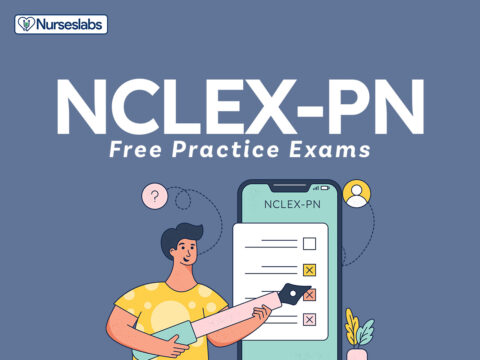
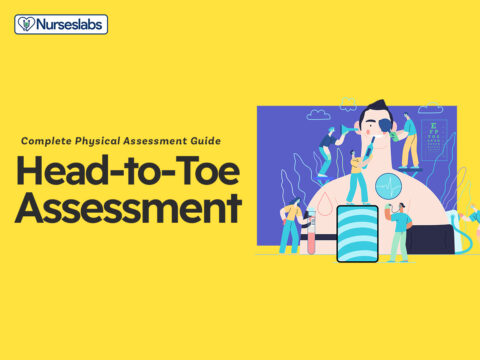
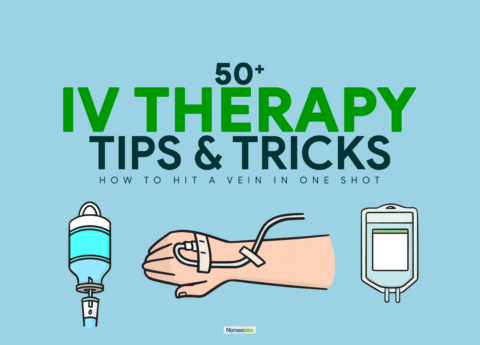

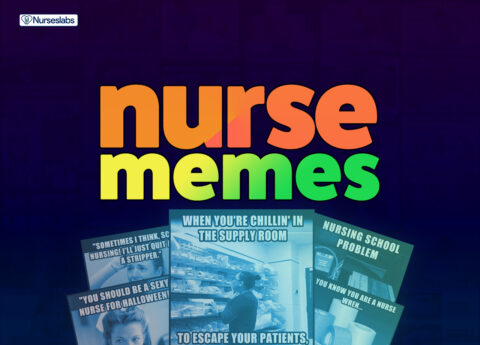
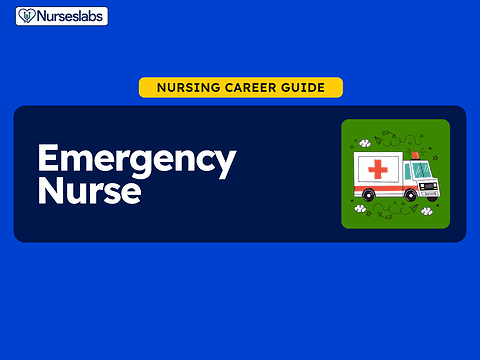
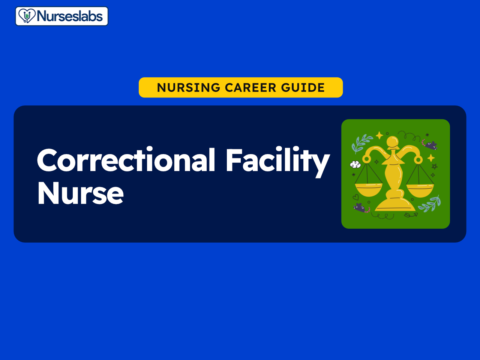
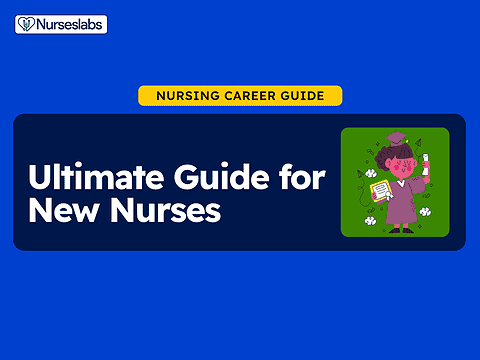
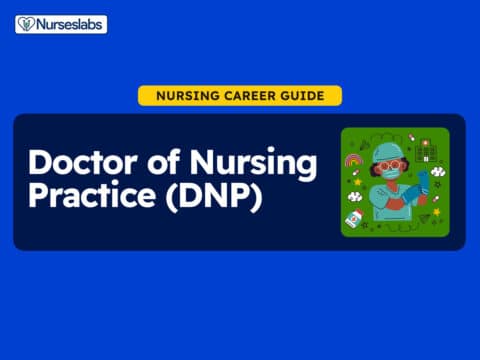
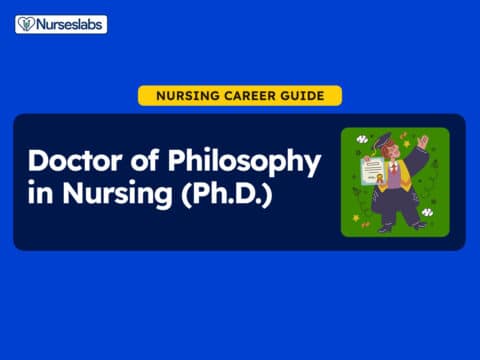
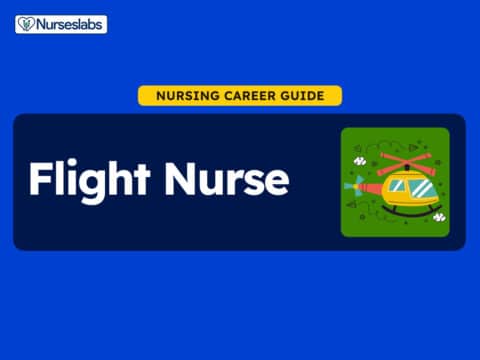
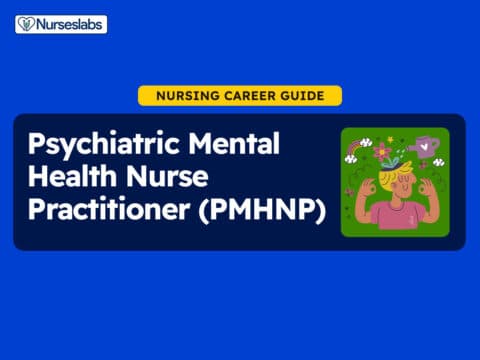
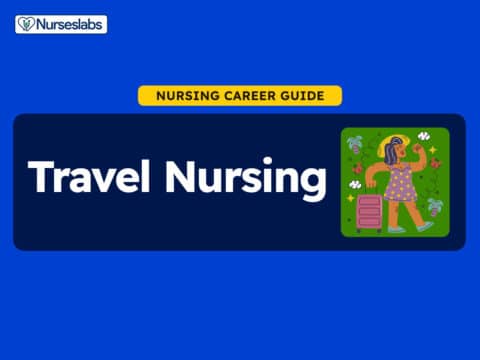
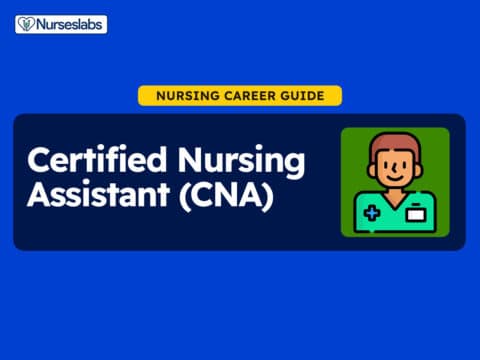
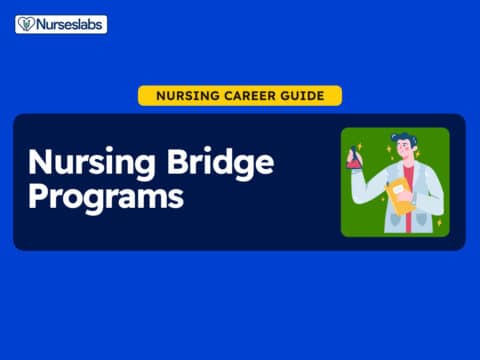
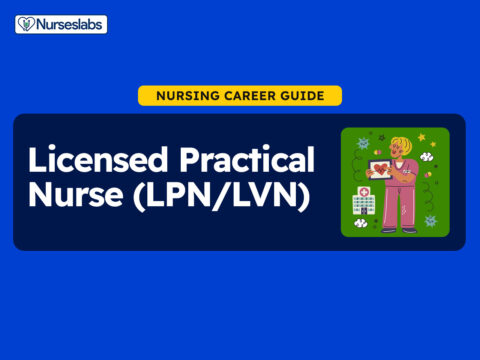
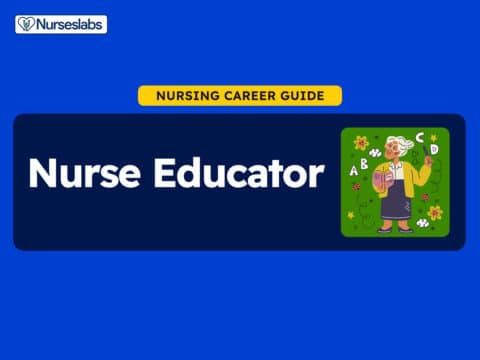
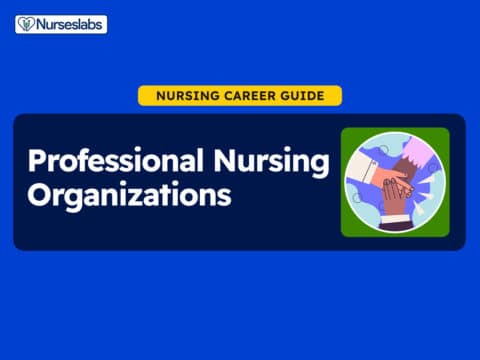
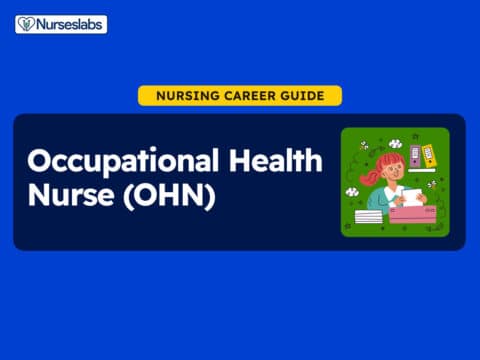
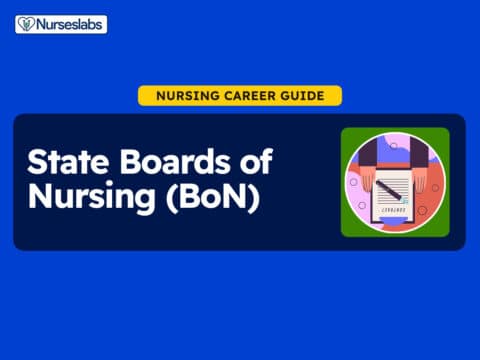

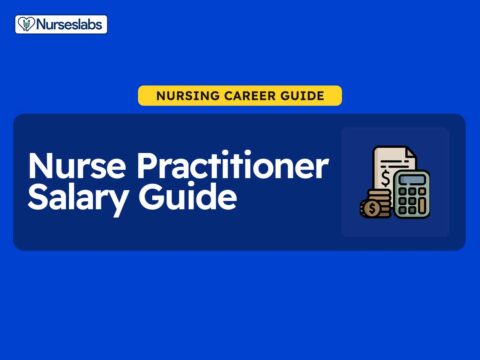
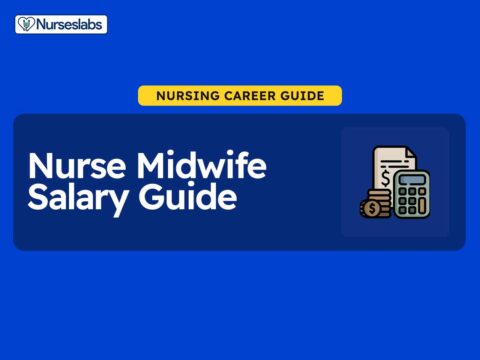
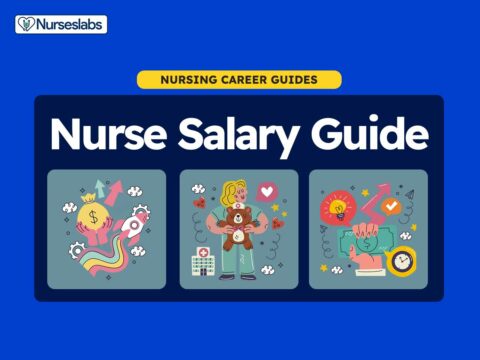
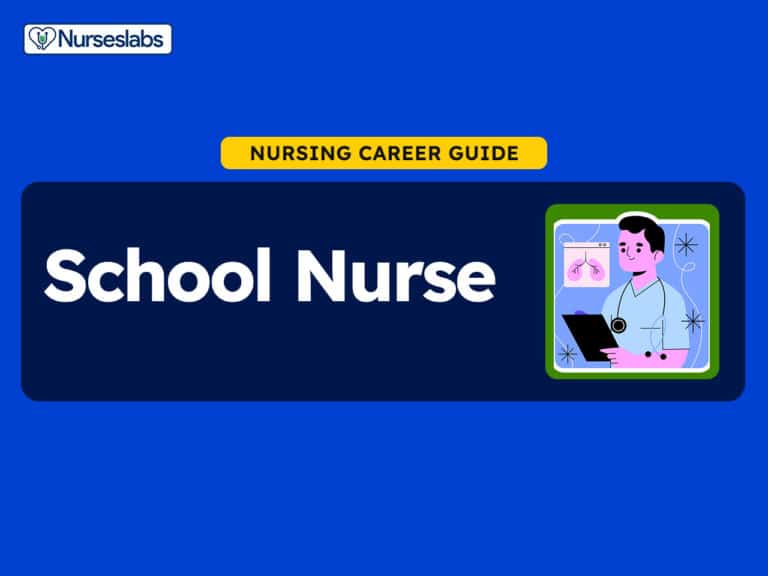
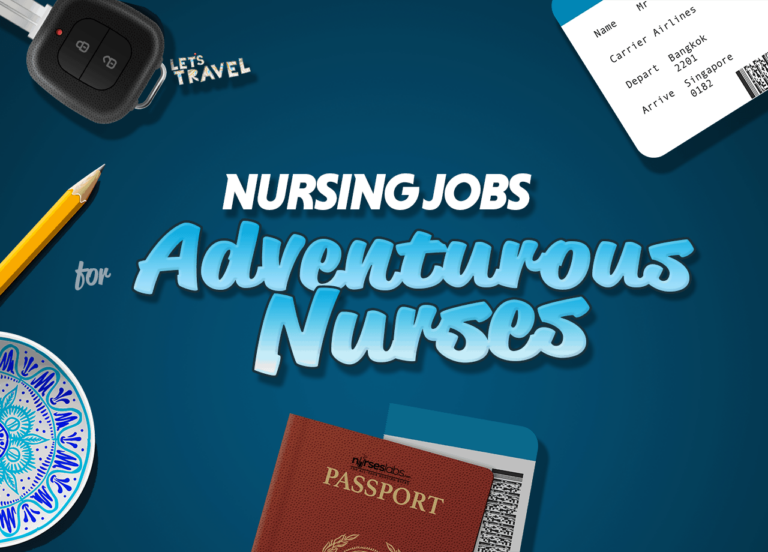
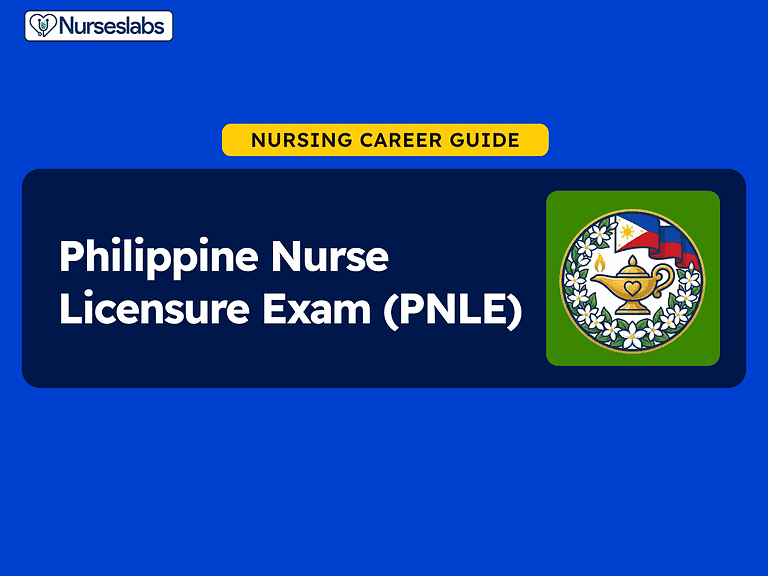
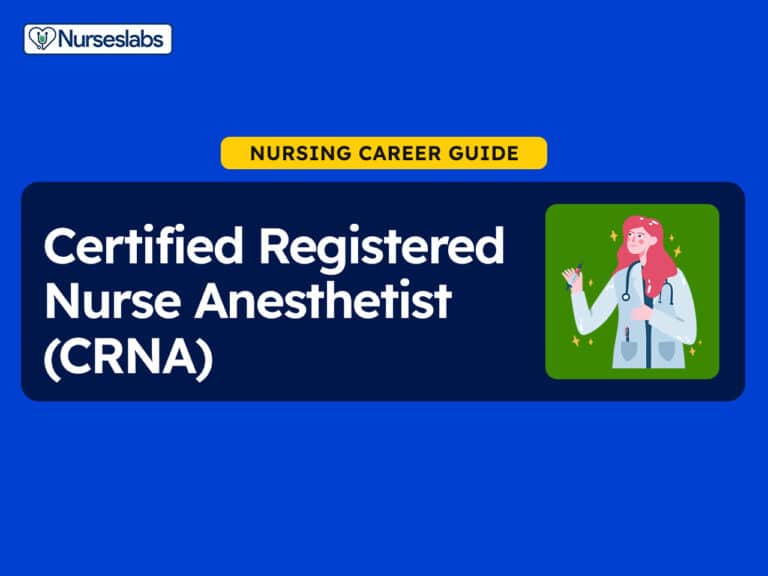
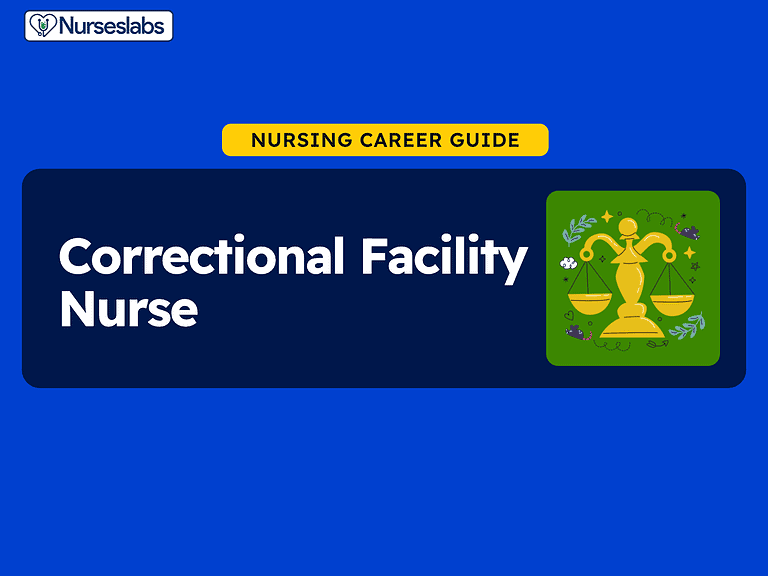
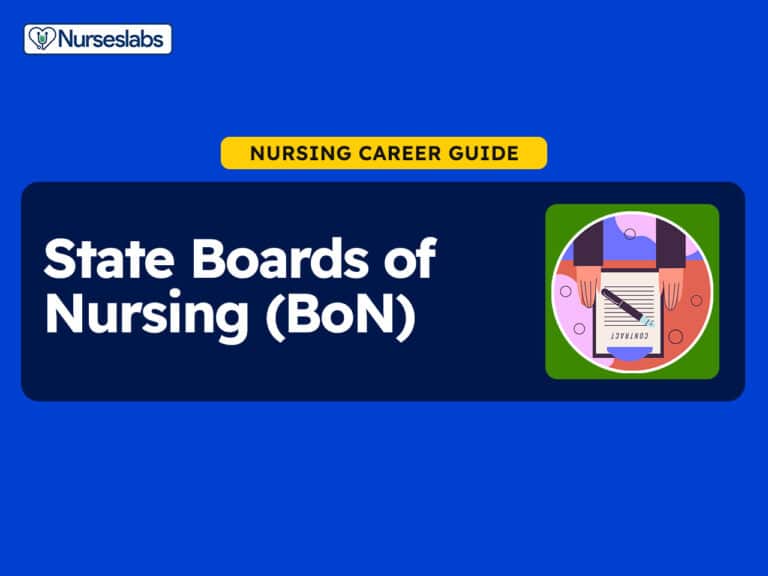
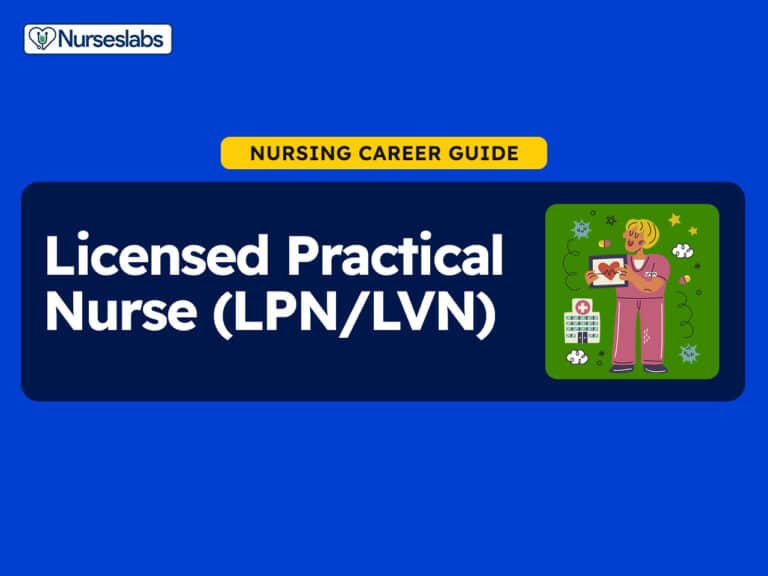

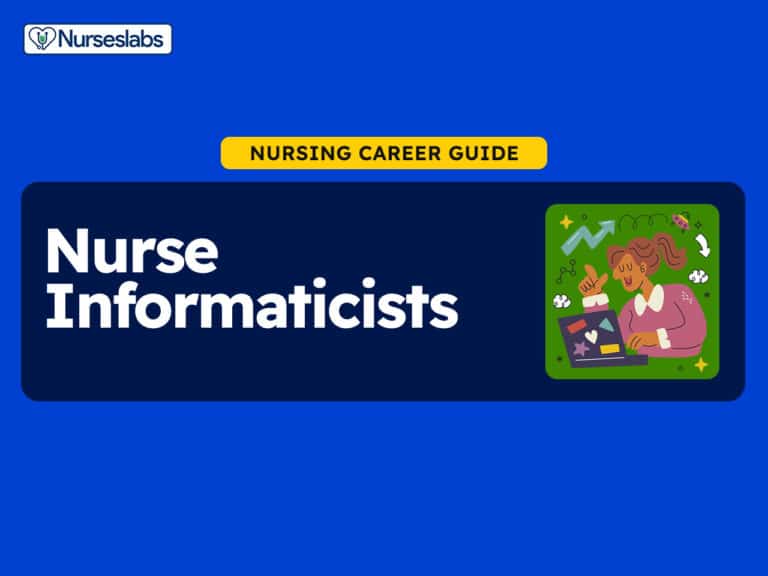
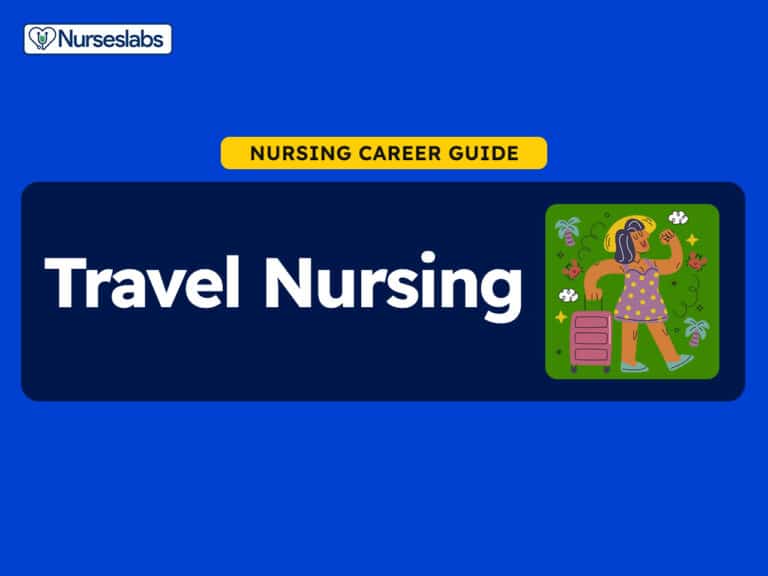
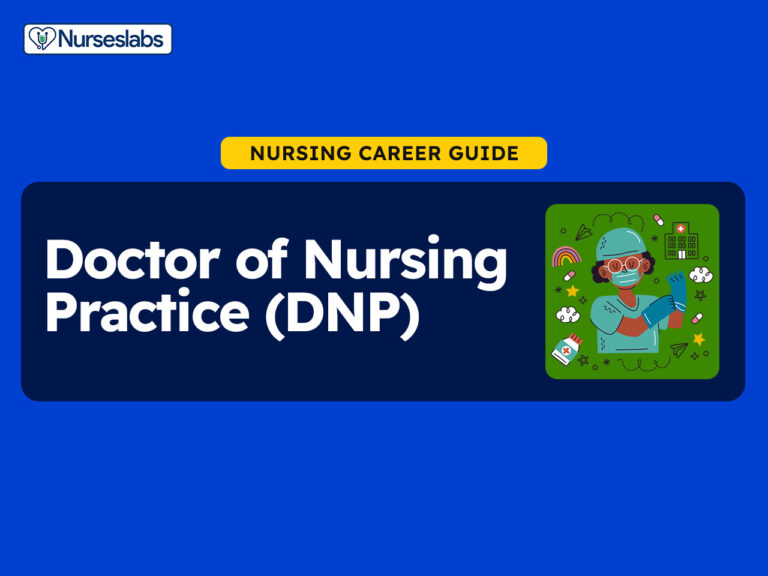
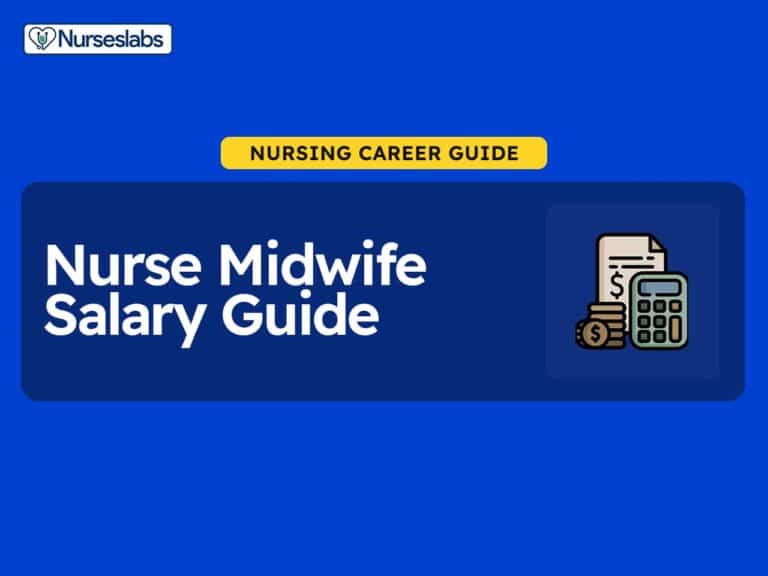
Leave a Comment